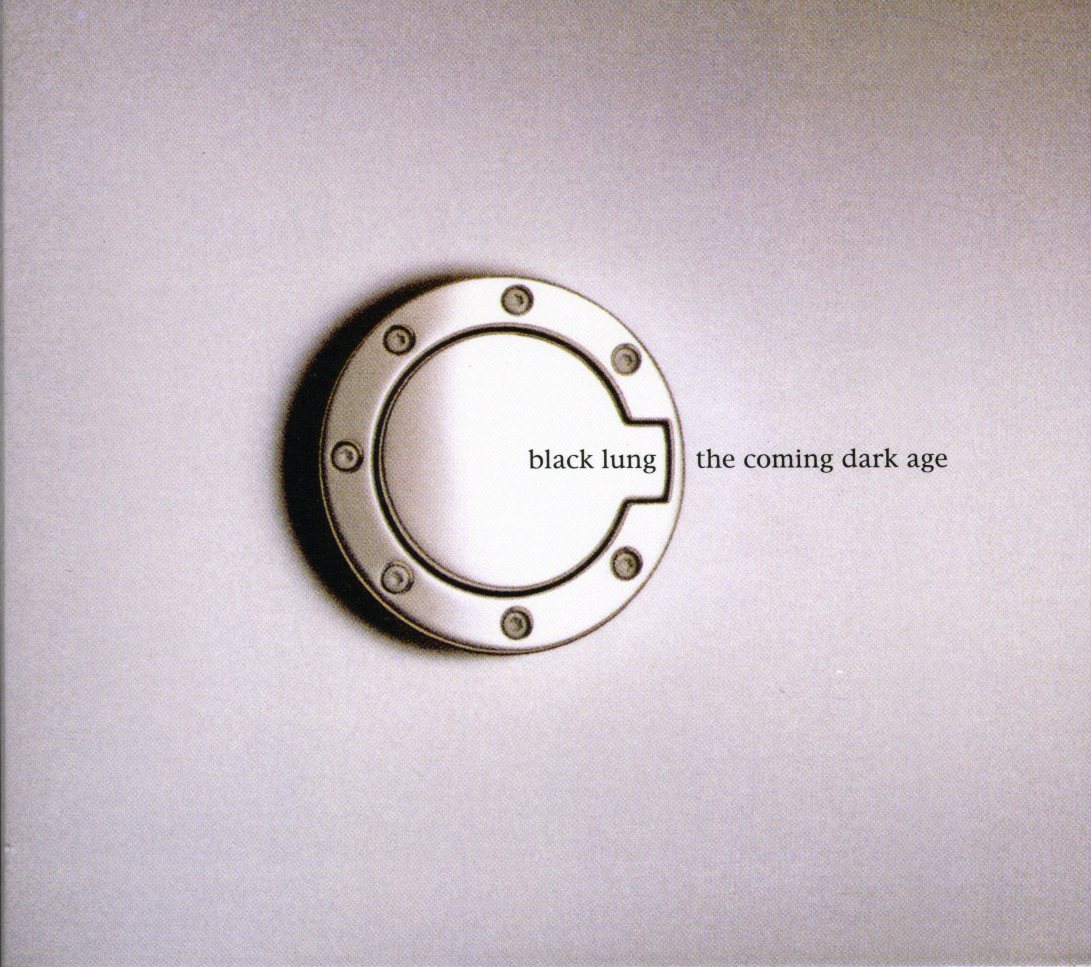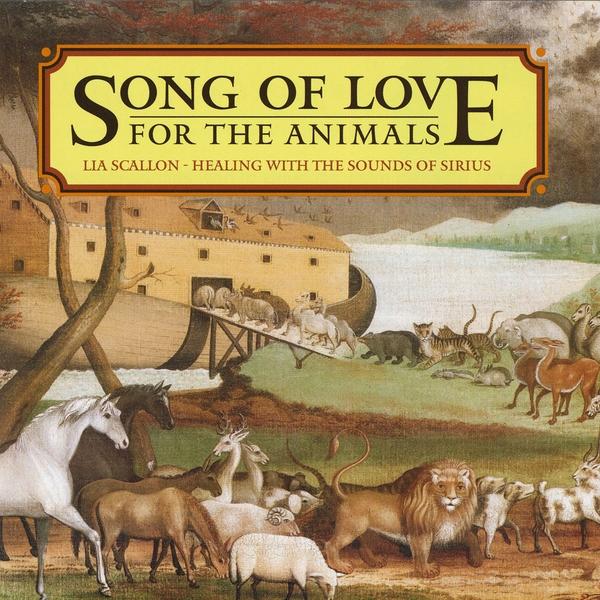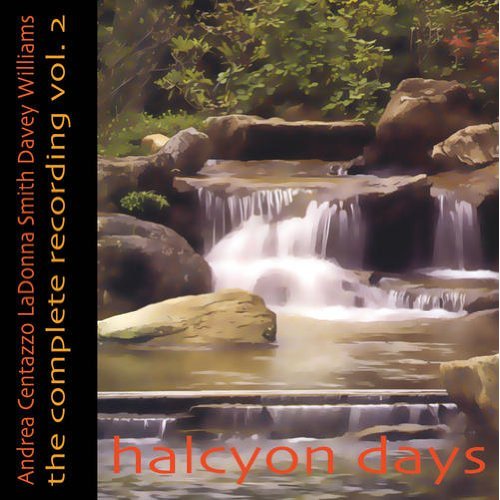
Burkert, Jack
product information
description
re, Maryland, my hometown. It is a direct result of my work in developing and presenting a series of popular Baltimore history lectures beginning in 2011. Over time, more and more social history - how people worked and lived, what issues concerned them - began to emerge. Jobs, industry, and work were always the core material, but increasingly the life of the city and the stories of its people became the focus of my programs. Audience members asked, "When are you going to write all of this down?" Well, here you have it: a story of a city and its people, a history from the perspective of a fellow Baltimorean, one native son who is also an amateur historian. It is a story of Baltimore in the 20th century, no more and no less, the history of a place and its people from many walks of life. In telling the stories, there were constant efforts to be aware of cultural differences, of differing perspectives, and of how events impacted the diverse people that make Baltimore, well, Baltimore. Though the 20th century revealed here is a Baltimore story, the events of the nation are reflected within that story. Some will feel I've strayed from the local history I set out to write, but how does one explain the Catonsville Nine, for instance, unless the Vietnam War story has been told as context? Through the decades, two World Wars, the Roaring Twenties, and a handful hard times, always there was a "this was Baltimore" story nearby, only a sentence or two away. Civil rights stories are here, stories important to Baltimore regardless of the reader's or participant's race or ethnicity. I am aware that I have treated events of consequence (blockbusting, highway wars, Baltimore's market system, and others) with less detail than might be desired. These and many other topics are treated effectively and extensively in the research and writing of authors and historians of far greater ability than mine. If you want to know more, go where I went, to the research, the contemporary news reports, the interviews with those who would retell their experiences. This may be unlike any history you have ever read. I've told the story in the hope that it is readable and interesting. So many people who love (or ought to love) history are driven away by dry-as-dust narrative, more data than necessary or than one could absorb, and story lines lost amidst excruciating detail. This book is intended to be a fun read. Enjoy the story....
member goods
No member items were found under this heading.
Return Policy
All sales are final
Shipping
No special shipping considerations available.
Shipping fees determined at checkout.







